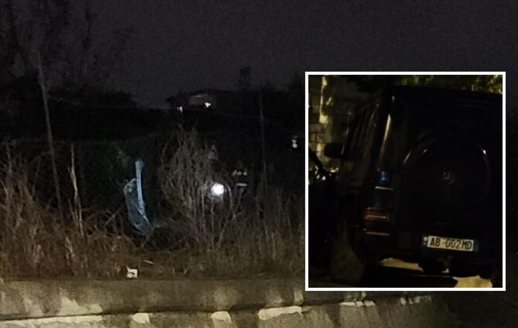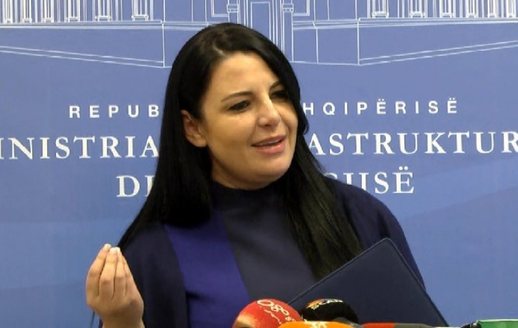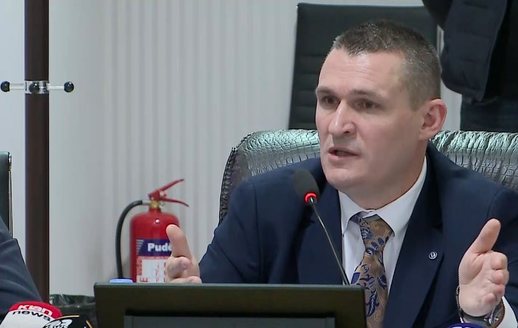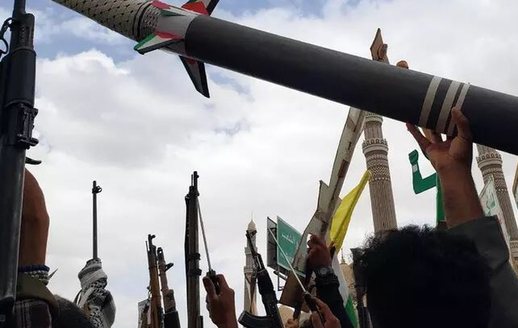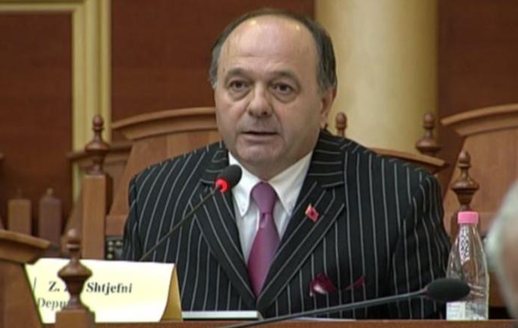
The EU aims to tighten the visa regime, putting Kosovo at risk

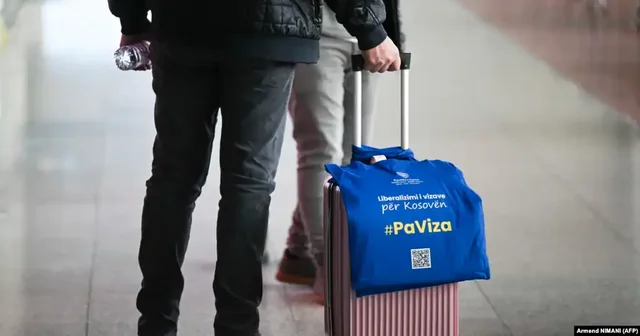
This year, the European Union is expected to tighten its visa suspension mechanism, making it easier for Brussels to lift visa-free travel for citizens of the 61 countries that currently enjoy it – including all EU accession candidate countries in the Western Balkans, as well as Georgia, Moldova and Ukraine.
The proposal to add more grounds to the existing ones for suspending visa-free travel was initiated by the European Commission as early as 2023, and the EU Council – which represents the 27 member states – adopted its position on the issue a year ago. However, due to the European parliamentary elections in June 2024 and the heavy legislative workload, the European Parliament has only recently received the mandate to negotiate.
Last week, the first dialogue between the three institutions on the proposed legislation was held, with the aim of reaching an agreement during the Polish Presidency of the Council of the EU, which runs until the end of June. If all goes well, the new law is expected to enter into force in early autumn.
Essentially, the bloc is becoming much tougher on visa liberalization, reflecting a broader shift: first, to combat any form of illegal migration into the EU; and second, to potentially use the visa regime as a political tool to exert pressure on third countries.
Visa liberalization – which in this case includes all EU member states except Ireland, as well as non-member countries Iceland, Liechtenstein, Norway and Switzerland – has long been one of Brussels' most important political tools.
It allows third-country nationals to visit the EU for up to 90 days within a 180-day period without needing a visa. Kosovo was added to this list in early 2024, and Georgia and Ukraine in 2017 – moves that were welcomed in these countries.
The threat to withdraw this privilege, therefore, can be seen as a truly punitive measure.
The current suspension mechanism, in force since 2018, can be activated in cases of clear abuse – for example, an increase in the number of third-country nationals staying longer than the 90-day limit or using visa-free travel to seek asylum in the EU. So far, the bloc has suspended visa liberalisation only once: first temporarily, then permanently, for the South Pacific nation of Vanuatu.
What are the expected changes?
Në terma të përgjithshëm, ka katër fusha kryesore ndryshimesh, pasi Brukseli synon ta bëjë mekanizmin e pezullimit të vizave një mjet ndëshkimi më të besueshëm. Së pari, liberalizimi i vizave mund të pezullohet nëse ekziston një perceptim për mospërputhje midis politikës së përgjithshme të vizave të BE-së dhe vendit të tretë pa viza.
Ky ishte rasti në vitin 2022, kur Serbia lejoi udhëtim pa viza për shtetasit e vendeve si Burundi, India dhe Kuba. Brukseli sugjeroi se shumë prej këtyre individëve po përdornin Serbinë si një “derë të pasme” drejt BE-së. Pas presionit nga Komisioni Evropian, Beogradi hoqi disa nga këto marrëveshje. Megjithatë, sipas legjislacionit të propozuar, sjellje të tilla mund të ndëshkohen më lehtësisht.
Një tjetër arsye për pezullim të vizave janë të ashtuquajturat kërcënime hibride. Edhe pse ende teorike, kjo dispozitë është frymëzuar nga vendet si Rusia dhe Bjellorusia, të cilat BE-ja i ka akuzuar për transportimin e emigrantëve nga Afrika dhe Azia drejt kufijve të BE-së, si të Polonisë dhe Lituanisë.
Tashmë, marrëveshjet për lehtësimin e vizave të BE-së me Moskën dhe Minskun janë pezulluar për disa vite, për shkak të pushtimit të Ukrainës nga Rusia dhe shtypjes së opozitës nga lideri autoritar bjellorus, Alayksandr Lukashenka. Megjithatë, nëse një vend tjetër pa viza ndjek një taktikë të ngjashme, mekanizmi i ri mund të aktivizohet si përgjigje.
Së treti, nëse një vend operon një skemë të shtetësisë për investitorë – duke i lejuar individët të blejnë shtetësi pa ndonjë lidhje të vërtetë me vendin – atëherë liberalizimi i vizave me BE-në mund të pezullohet në të ardhmen.
Megjithatë, baza e katërt për pezullim është ndoshta më interesantja, pasi lidhet me marrëdhëniet politike të BE-së me vendet e treta. Legjislacioni, që është ende në fazën e draftit, parasheh që mekanizmi i pezullimit mund të aktivizohet në rastet e “shkeljeve të rënda të të drejtave të njeriut dhe abuzimeve” apo “shkeljeve serioze të të drejtës dhe standardeve ndërkombëtare, përfshirë të drejtat e njeriut dhe mosrespektimin e vendimeve të gjykatave ndërkombëtare.”
Nëse i pyesni zyrtarët e BE-së, leximi i tyre ka qenë gjithmonë se ekziston një “kriter demokracie” kur bëhet fjalë për liberalizimin e vizave – por kurrë nuk është shpjeguar qartë se çfarë përfshin saktësisht.
Një aspekt tjetër interesant dhe i ri është se aktivizimi i mekanizmit në këtë rast duhet të jetë kompetencë ekskluzive e Komisionit Evropian, pas konsultimeve me vendet anëtare të BE-së, pasi lidhet me marrëdhëniet e jashtme të bllokut.
Megjithatë, në fund, do të jenë vendet anëtare – përmes një shumice të kualifikuar – që do të vendosin për pezullimin e liberalizimit të vizave me një vend të tretë. Siç e përshkruajnë zyrtarët e BE-së, ky mbetet “opsioni bërthamor kur të gjitha opsionet e tjera janë shteruar”, pasi blloku zakonisht është i kujdesshëm për të mos ndëshkuar një popull të tërë në vend të qeverisë së tij.
That is why, earlier this year, the EU chose to suspend visa liberalization only for holders of diplomatic passports from Georgia, following democratic setbacks in the Caucasus country. However, the option of targeting the entire population remains on the table – and with the potential expansion of the scope of the suspension mechanism, the bloc is clearly sharpening its weapons./REL

ideas
top
Alfa recipes
TRENDING 
services
- POLICE129
- STREET POLICE126
- AMBULANCE112
- FIREFIGHTER128


